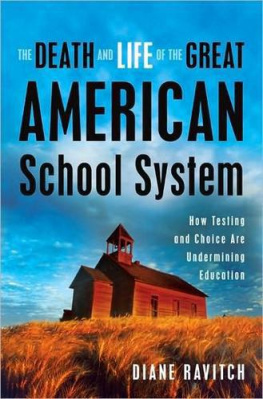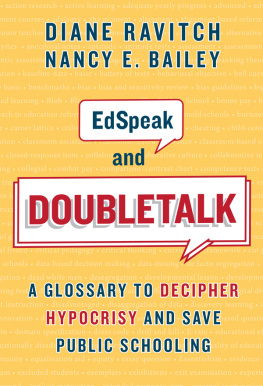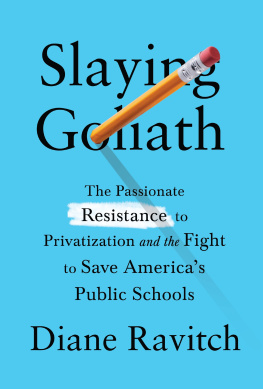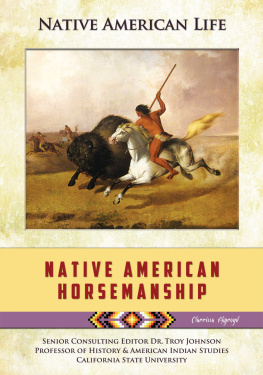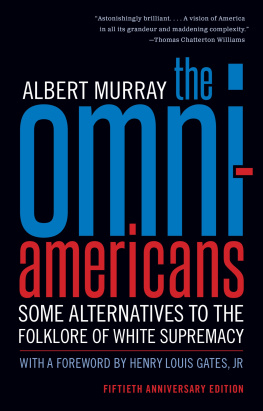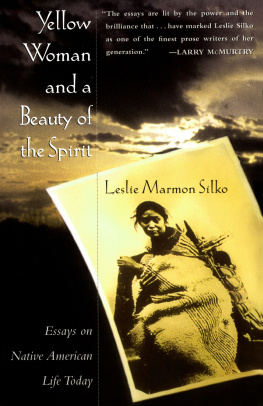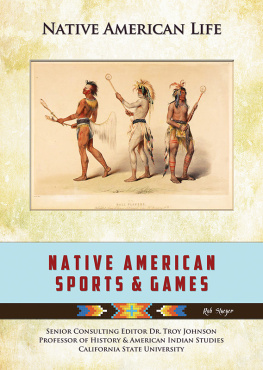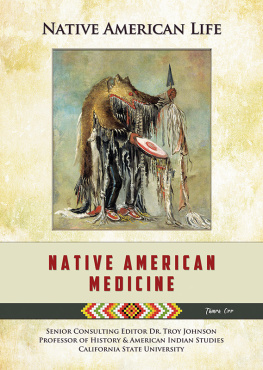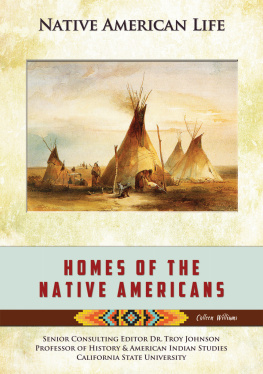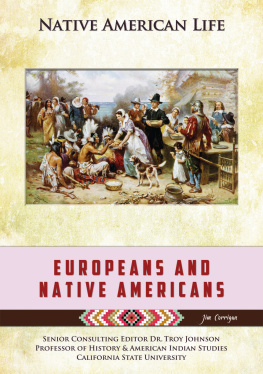Contents












T HE A MERICAN R EADER aims to put its readers into direct contact with the words that inspired, enraged, delighted, chastened, or comforted Americans in days gone by. Gathered here are the classic speeches, poems, arguments, and songs that illuminatewith wit, eloquence, or sharp wordssignificant aspects of American life.
When I first assembled this collection, the imagined audience of The American Reader was a group of family or friends, sharing with each other a favorite poem or discovering for the first time a stirring speech. In fact, I received numerous letters from readers who told me that they did employ the book in this fashion and that they shared it with their children before bedtime or after dinner. Many teachers, particularly those who teach American history and literature in the fifth, eighth, and eleventh grades used the book in their classrooms, finding it valuable as a supplement to their assigned texts. A prominent educator wrote to say that he received it as a Christmas present and kept it at his bedside, reading a different selection every night; he claimed that like potato chips, You cant stop with just one.
In choosing the contents, I was guided by a principle that Robert Frost described in the introduction to his collected poetry, speaking of a poem: Read it a hundred times; it will forever keep its freshness as a petal keeps its fragrance. It can never lose its sense of a meaning that once unfolded by surprise as it went. I looked for entries that almost everyone once seemed to know or still does know, words that have resonated in the national consciousness, words that have a timeless quality for the listener and reader. I looked for entries that in their time were widely discussed, that possess literary quality even now, and that deserve to be remembered by future generations.
There is one large difference between this edition and the first edition of The American Reader, which was published in 1991. The first edition included a selection of several pieces written after 1970. At the time, I said that I was taking a chance on recent works, trying to identify those that speak to the age of which they are part. In this revised edition, I am exercising my prerogative as editor and eliminating that section. In effect, I am acknowledging that I have notafter extensive searchingfound poems, essays, speeches, or songs written during the past thirty years that both match the literary quality of the earlier selections and resonate in the national consciousness as they do. It seems to meand I may be wrongthat cultural authenticity is harder to find than in the past. We tend now to turn to social scientists rather than poets and songwriters to express and understand our concerns, and they tend not to write in literary style.
Songs were once shared by children, parents, grandparents, and entire communities; popular songs like George M. Cohans Over There, Irving Berlins God Bless America, and Woody Guthries This Land Is Your Land were sung by young and old alike, played often on the radio, and remained as part of our national memory for many years. They dont write them like that anymore. The popular songs of recent years have short lives; they were written mainly for teenagers, with lyrics that are neither important nor memorable. Indeed, the lyrics of some popular music appear to be intended to offend or degrade some group of people. Rather than bringing communities together, the popular music of our time seems calculated to segment people by age and race.
The poetry of recent years is not as alienating as popular music but I have found no entry that can justly stand alongside the writings of John Greenleaf Whittier, Walt Whitman, Langston Hughes, and Robert Frost. American schools used to put great emphasis on recitations, and students memorized the poems they loved best. Certainly millions of young Americans memorized Shoot, if you must, this old gray head/But spare your countrys flag, she said, from Barbara Frietchie. Or declaimed with pride the sonorous lines from Emma Lazaruss The New Colossus that are emblazoned on the Statue of Liberty: Give me your tired, your poor,/Your huddled masses, yearning to breathe free,/The wretched refuse of your teeming shore./Send these, the homeless, tempest-tost to me, / I lift my lamp beside the golden door! And was there a boy or girl who did not know there is no joy in Mudville; /Mighty Casey has struck out? Perhaps in another generation, another editor will find poetry that has the same popular appeal, the same emotional connection with readers. But at the present time, I am unable to identify any contemporary poems that are known and loved by large numbers of ordinary Americans.
With few exceptions, the political speeches of the recent past seem to me to be singularly devoid of lasting significance. There have been no public declarations that approach the dignified cadences of Abraham Lincoln or Frederick Douglass; there have been no individual statements on public policy that attain the moral integrity of Learned Hand on The Spirit of Liberty or Margaret Chase Smith disassociating herself from the depredations of Senator Joseph McCarthy. Our presidents in the closing decades of the twentieth century were known more for their slogans, sound bites, and off-the-cuff remarks than for the kinds of speeches that once spoke directly to the American publics hopes and concerns and resonated in its collective memory.


